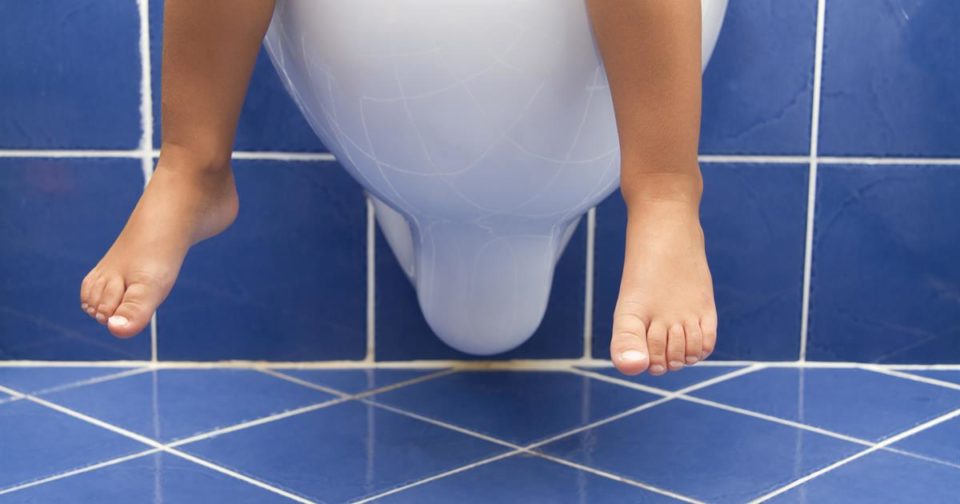Patients who suffer repeated or prolonged bouts of constipation need to know what’s causing it. There’s a broad range of reasons behind constipation, including dehydration, reactions to medication, dietary issues, stress or certain medical conditions.
Essentially, if constipation is not caused by an outside influence such as medication (i.e. there’s actually a problem with the digestive system itself) then it is diagnosed as “primary” or “functional” constipation. It’s common too, particularly in elderly or vulnerable people, and in young children.
What are the types of functional constipation?
There are a couple of different types of functional constipation that healthcare practitioners should be aware of:
Normal transit constipation
The most common type of constipation, patients with normal transit constipation have no discernible problems with the muscles in their colon. Stool is moving through their system as it should, however the stool itself is hard and uncomfortable to pass. Pain in the abdomen and bloating may also be present. Luckily this type of constipation is usually very temporary and the problem can be rectified by the patient increasing their water and/or fibre intake, or perhaps taking a short-term laxative.
Slow transit constipation
This is where the colon itself isn’t moving stool quickly enough. This could be because the patient’s nerves aren’t sending the right signals to the colon muscles, which slows everything down.
Signs of this kind of constipation include:
- A painful and/or bloated abdomen
- No urge to pass stool
- Passing hard or dry stools
- Passing stools once a week or less
Treatments include laxatives and additional dietary fibre, although surgery may also be needed.
Are you a healthcare professional who regularly sees patients with bowel or constipation complaints?
Why not brush up your diagnosis and treatment skills with our fantastic online CPD courses: Bowel management: a course for nurses and Minor ailments online: gastrointestinal conditions for the primary care practitioner. Aimed specifically at nurses, pharmacists, paramedics and other allied healthcare professionals, both these courses work to enhance your skills and confidence in understanding the causes and treatment option for constipation and other common bowel problems.
Both courses are held online, so are perfect for those looking to learn remotely during the coronavirus pandemic.
The gastrointestinal conditions course is being held on the 11th December. Highly flexible and interactive, it’s worth 4 hours of CPD.
The Bowel management course for nurses is due to be held on the 19th January 2021. Again it’s an informative but relaxed and interactive way of learning and is worth 7 hours of CPD.
As always spaces fill up quickly so make sure you sign up today! Get in touch.

